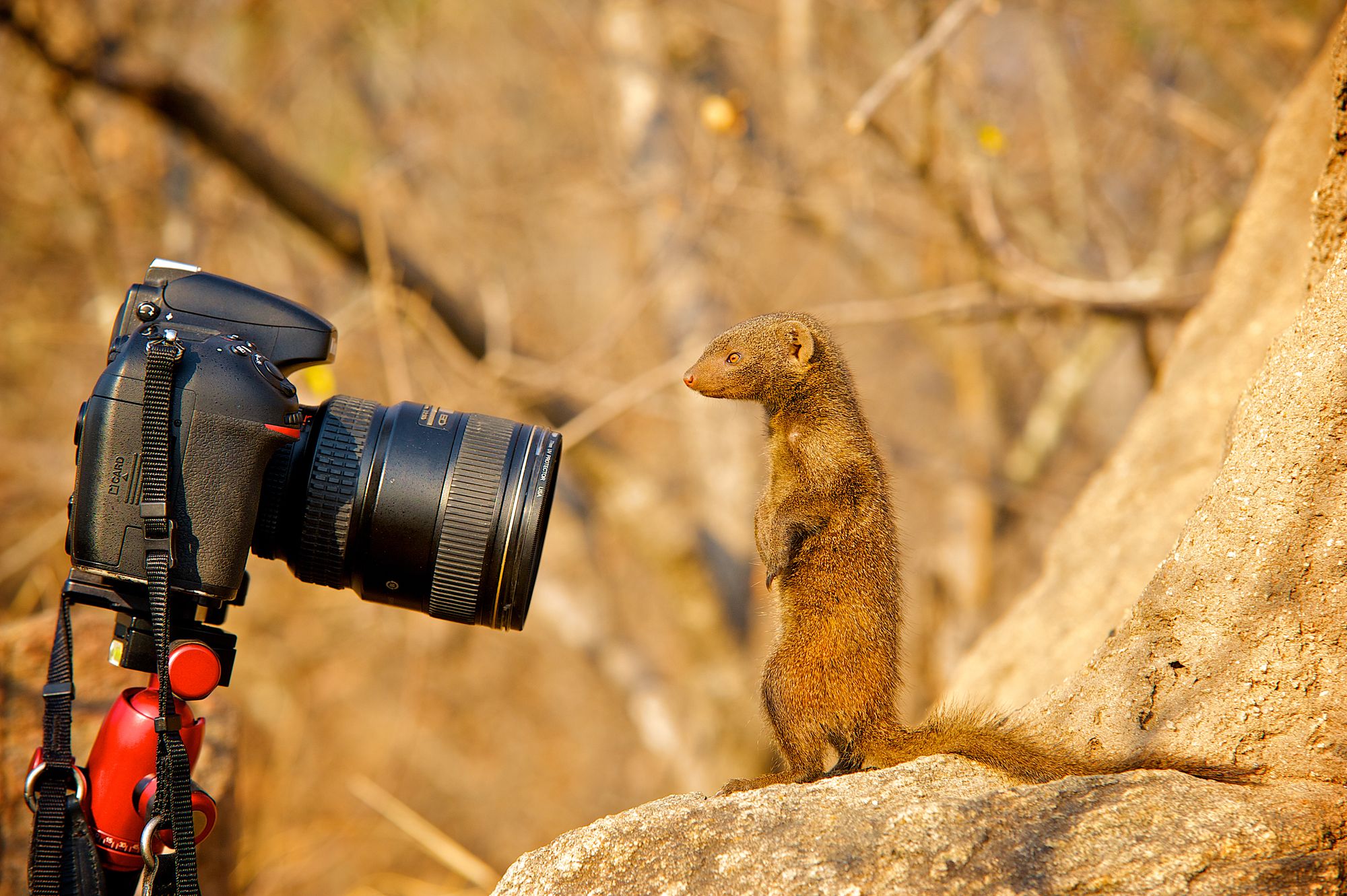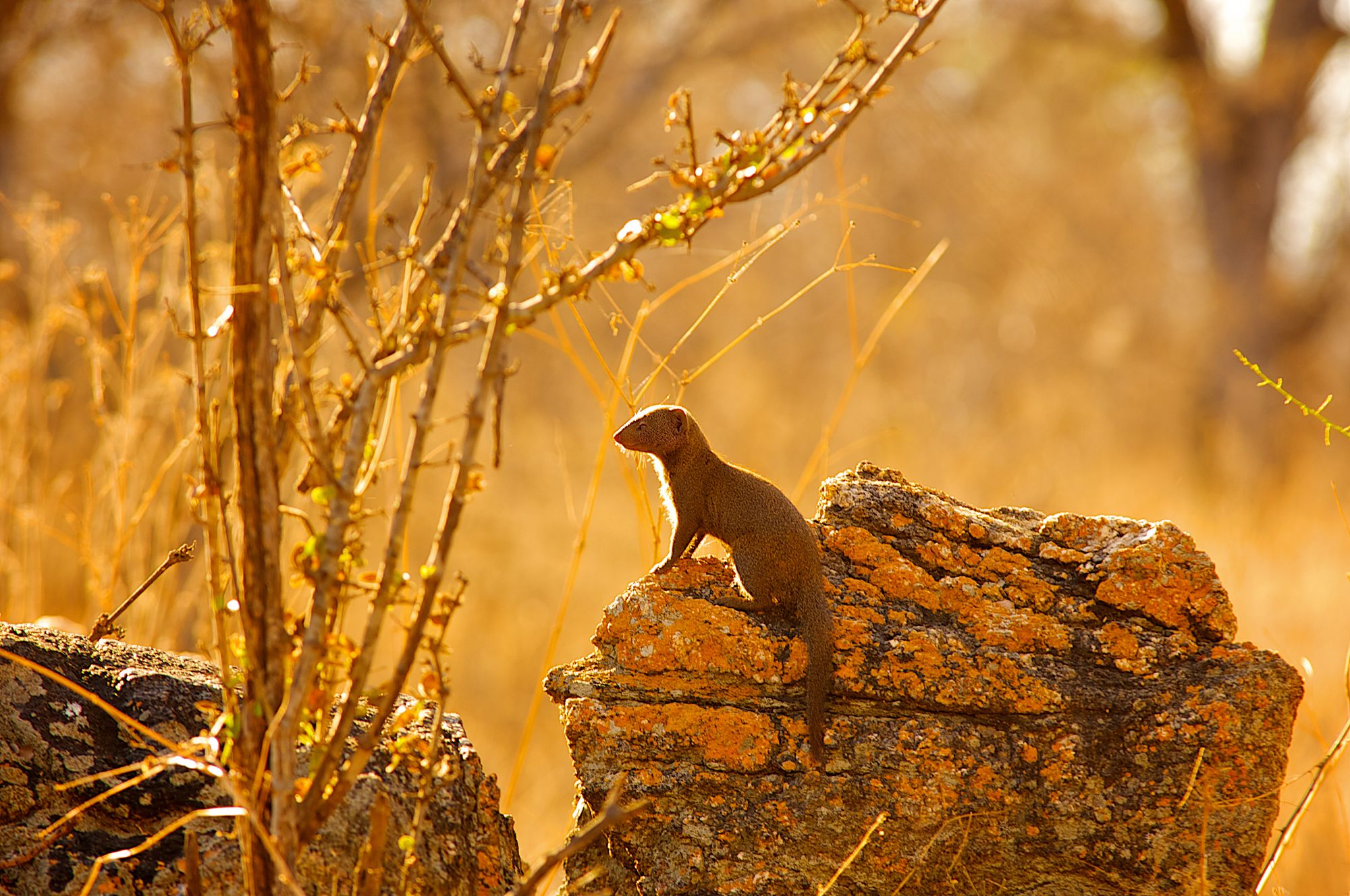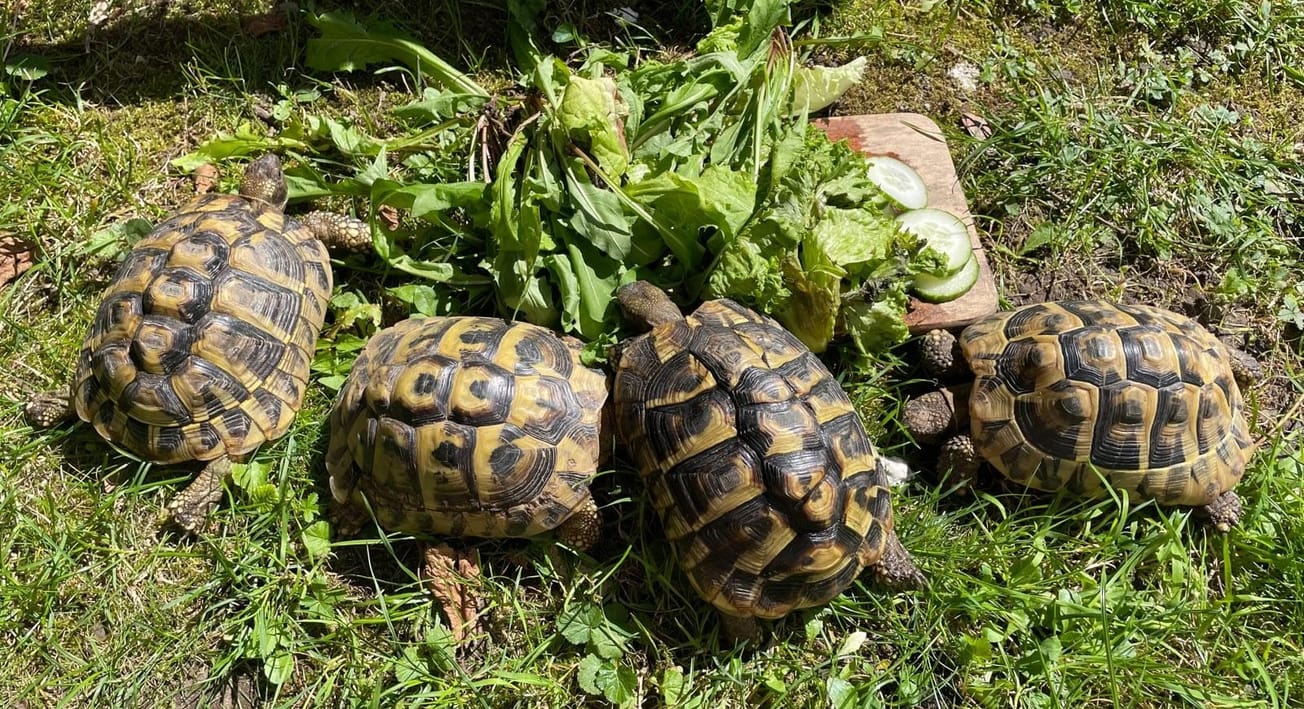By Lucas Mockeridge, SciTech Deputy Editor
Scientists believe that conflict between rival groups has a negative effect on breeding success in animals. After studying dwarf mongooses for more than a decade, Bristol researchers have uncovered the first piece of evidence to the contrary.
Researchers at the University of Bristol have found that animal offspring may survive better when rival groups are in greater conflict. The research draws on a decade’s worth of data from a wild population of dwarf mongooses.
Dwarf mongooses are Africa’s smallest carnivores, measuring between 8 and 12 inches long. They are cooperative breeders, helping to raise the offspring of others, and live in territorial groups of up to 30 individuals.

‘Groups engaged in more intergroup interactions did not produce more young. Rather, a greater threat from outsiders was associated with a higher survival likelihood of pups once they emerged from the breeding burrow,’ said Dr Amy Morris-Drake, lead author of the study and Research Associate in the University of Bristol’s School of Biological Sciences.
The work was conducted as part of the Dwarf Mongoose Research Project, which has monitored wild groups of dwarf mongooses in South Africa since 2011. Adults were found to increase their sentinel behaviour, taking turns to keep watch and warn of predators, when encountering rivals or signs of their recent presence.
Senior author Andy Radford, Professor of Behavioural Ecology at the University of Bristol, explained: ‘Increased sentinel behaviour is likely an attempt to gather more information about the other group. But sentinels also detect predatory threats and warn groupmates of danger, so vulnerable pups are potentially safer as a consequence.’

‘We are not suggesting that conflict has a direct positive effect on breeding success. Instead, there could be byproduct benefits of behavioural changes—such as increased vigilance—that result from an increased threat level,’ said Professor Radford.
Dr Morris-Drake added: ‘Our work suggests that if we are to understand the importance of warfare on societies, we must consider threats as well as actual fights. Moreover, we need to investigate not just actions on the battleground but the wider consequences too.’
The team's findings were published in the Proceedings of the Royal Society B and can be found here.
Featured image: Shannon Wild
Could you spend a decade studying dwarf mongooses?







